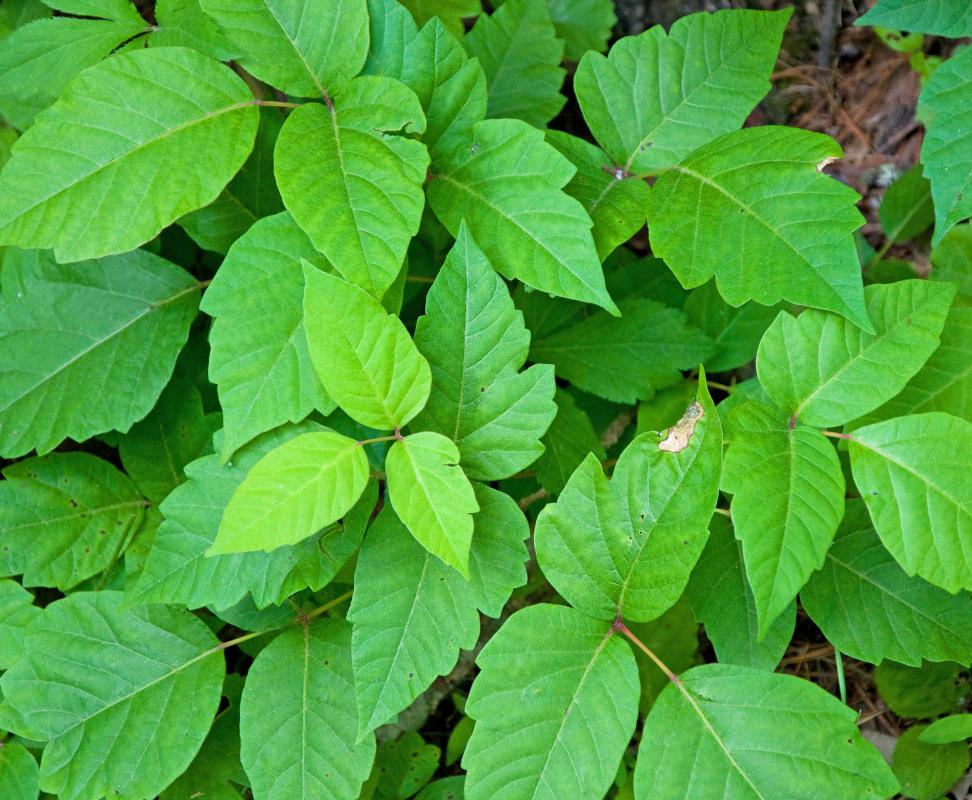At AllThingsNature, we're committed to delivering accurate, trustworthy information. Our expert-authored content is rigorously fact-checked and sourced from credible authorities. Discover how we uphold the highest standards in providing you with reliable knowledge.
What is Plantago?
Plantago is the genus name given to over 200 species of plants. Plants belonging to this genus, commonly called plantains, are mostly herbaceous plants or small shrubs. The tallest are approximately 23 inches (60 cm).
Plants that make up the genus Plantago grow in all continents except Antarctica. Most species grow best in damp areas, and they are widely seen growing alongside roadways. Some species of this family are considered invasive.

The seeds of Plantago ovata are used in over the counter fiber supplements and laxative remedies. The husks from the Plantago seeds, including P. ovata, become gel-like and expand when wet. This makes them an effective treatment for constipation, diverticulitis and irritable bowel syndrome. They are also used as a fiber supplement. Medical studies indicate that using fiber supplements may help control diabetes and lower cholesterol.

Many plants in this genus are important food sources for the larvae of different butterfly and moth species. The fact that it grows easily in wet areas and is not fussy makes it a widely available and valuable food source. The adult is attracted to the Plantago by scent and lays eggs on the plant, providing the larvae with easy access to food.
Plantago is widely used in herbal remedies. Proponents of herbal remedies report that it can be used as a diuretic, anti-inflammatory, and antihistamine. The leaves of the plantain can be made into a poultice, and used to treat insect bites and poison ivy. Tea made from the leaves may soothe a cough and treat bronchitis. Seek guidance from a healthcare professional before using any herbal remedies.

Many species of Plantago are edible. The leaves are tender when young, but become tough with age. Harvest young leaves and add to salads raw or steam them for a side dish. The flowers and stalks can also be eaten cooked or raw, and all parts of the plants, including the seeds and roots can be brewed to make tea.
Plants in the Plantago genus are generally considered safe. It is possible to be allergic, however, and allergic reactions, including anaphylactic shock are possible. It is also possible to develop an obstruction in the gastrointestinal tract when supplementing with over the counter bulk laxatives. This is a rare condition and typically occurs only in patients who have had previous bowel surgeries, or if the supplement is taken without adequate water.
Frequently Asked Questions
What is Plantago and where can it be found?

Plantago, commonly known as plantain, is a genus of small plants found worldwide. These hardy plants thrive in many environments, from roadsides to fields, and are often considered weeds. They are notable for their rosette of leaves and spikes of tiny flowers, and have been used in traditional medicine for centuries.
How can Plantago be identified?
Plantago species can be identified by their distinctive narrow, ribbed leaves that form a basal rosette. They produce a flower spike that rises from the center of the rosette, with tiny flowers that are greenish-brown. The leaves may also have a fibrous texture, which is particularly noticeable when torn.
What are the medicinal uses of Plantago?

Historically, Plantago has been used for its medicinal properties, such as anti-inflammatory, antibacterial, and wound-healing effects. It's commonly applied to soothe insect bites, cuts, and skin irritations. Plantago leaves contain active compounds like aucubin and allantoin, which contribute to its therapeutic benefits.
Are there different species of Plantago, and how do they vary?
Yes, there are over 200 species of Plantago, with Plantago major (broadleaf plantain) and Plantago lanceolata (ribwort plantain) being among the most widespread. Species vary in leaf shape, size, and habitat preferences, but all share the characteristic flower spike and medicinal properties.
Can Plantago be used in cooking or as food?
Plantago leaves are edible and can be used in cooking. Young, tender leaves are best for salads or as a cooked green, similar to spinach. The seeds of certain species, like Plantago psyllium, are used as a dietary fiber supplement known as psyllium husk, which aids digestion.
Is Plantago beneficial for wildlife or the ecosystem?
Plantago species are beneficial for wildlife, providing food for insects and birds. The plants are host to a variety of butterfly and moth larvae, contributing to biodiversity. Additionally, their deep roots can help prevent soil erosion, making them ecologically valuable, especially in disturbed soils where they commonly grow.
AS FEATURED ON:
AS FEATURED ON:















Discuss this Article
Post your comments